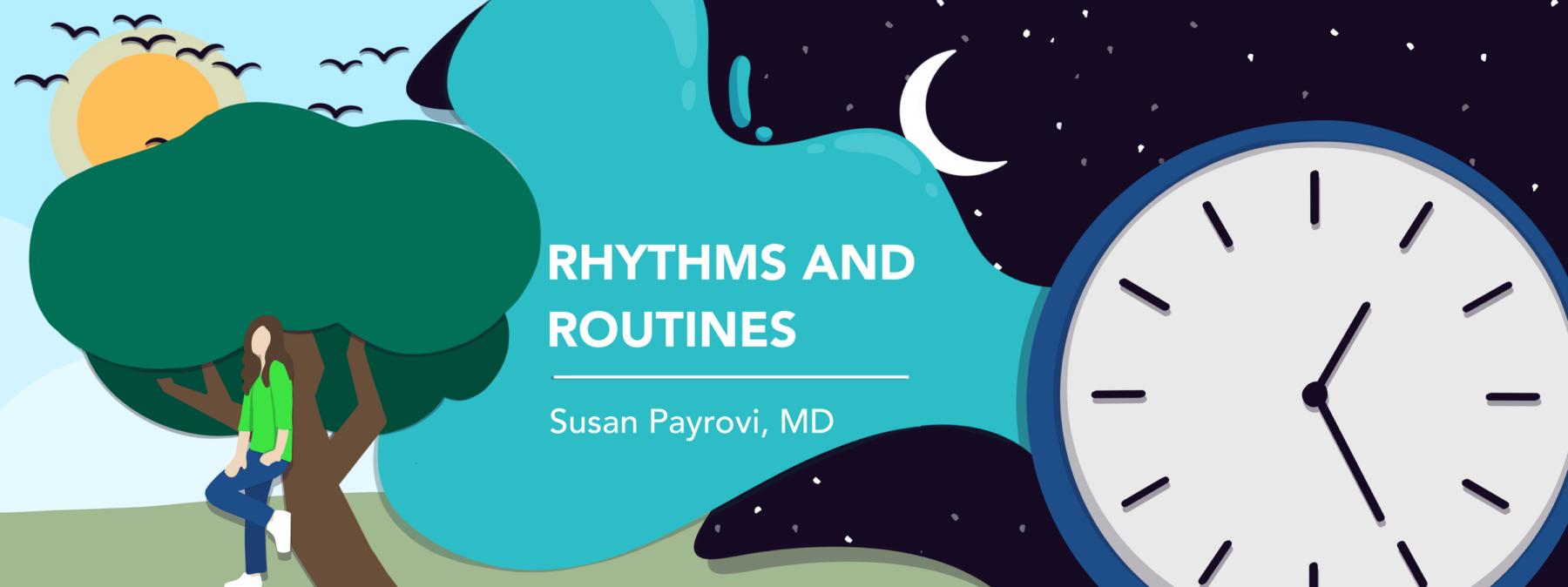Managing my MS symptoms by spending time outdoors
Natural light, wind, and critters help wake up my body, ward off anxiety
Written by |

With just four more summers with all my kids still living at home, I’ve been making the most of our time together by throwing everyone in our trailer to visit state and national parks in the U.S. This summer we’re overseas in Europe, experiencing the lesser-known sights only accessible by staying out of the big cities and expensive hotels.
But my hidden agenda? Spending more time outside as a way not just to manage my multiple sclerosis (MS) symptoms, but also to improve the health of everyone in my family.
Back home in California, I’m starkly aware of how cut off I am from the natural elements, even though I live on a magnificent mountain near the redwoods. Within the confines of my home, I can hide from the fierce 50 mph winds that frequent us. I don’t have to feel cold or hot because I can adjust the thermostat. When it’s too bright out, I pull down the shades and curtains. When the sun goes down, I flip on a switch, and there is light. Indoors, I can avoid bugs, critters, pollen, and anything else that can cause human discomfort. Inside, I’m comfortable and safe.
But outside is where biology magic happens. As part of a scientific concept called hormesis, small, short-term stresses (like heat, cold, sun exposure) wake up our microscopic body systems so they’re ready to respond when needed.
Hormesis:
- Improves fatigue, pain, and some neurologic symptoms as it boosts energy production from our mitochondria, the tiny energy factories inside our cells.
- Promotes repair and regeneration as it leads to the release of hormones like adrenaline and cortisol.
- Combats low mood, depression, and anxiety by balancing the fight-and-flight and relaxation response.
The advantages of getting outside
As someone living with multiple sclerosis and a physician keen on finding ways to clean up the cellular environment, hormesis is a tool I try to incorporate into my routine every day.
Our summer trailer is so small that we have no choice but to be outside, living closer to nature and experiencing lots of little “stresses” all day long. Natural light wakes me up early, and I don’t resist going to bed since I don’t have easy access to electronic devices or artificial light. When it’s a bit hotter or colder outdoors and I’m outside my “1 degree temperature range of comfort” (a term coined by my husband), I don’t rush to correct my body temperature. I‘m welcoming sunshine on my skin and reserve sunscreen for beach days only. I’m embracing the wind, and I’ve even made friends with the little bugs and critters that crawl around my space.
For this city girl, living closer to nature has been a gradual process. The more I intentionally connect with my natural environment, I find I’m more patient, less irritated, and barely anxious. Meanwhile, I’m optimizing my mitochondria, hormones, gut, and microbiome with my small daily behaviors.
As part of my comprehensive plan to manage MS, I realize that treating MS needs more than just pharmaceuticals. Living an outdoor life has made me feel more balanced and calm. I’m also less hung up on my mental and physical symptoms as I’ve shifted my focus to the beauty of nature, even if it’s just an ant trying to climb up my leg.
Note: Multiple Sclerosis News Today is strictly a news and information website about the disease. It does not provide medical advice, diagnosis, or treatment. This content is not intended to be a substitute for professional medical advice, diagnosis, or treatment. Always seek the advice of your physician or other qualified health provider with any questions you may have regarding a medical condition. Never disregard professional medical advice or delay in seeking it because of something you have read on this website. The opinions expressed in this column are not those of Multiple Sclerosis News Today or its parent company, Bionews, and are intended to spark discussion about issues pertaining to multiple sclerosis.




Glenda Hendry
I love your approach!
Mary Rawley
Thank you for this very insightful article!
Jane Snider
I live in Michigan where the winter is cold and the summer is muggy. I also live with MS. Staying inside is "the easy option" for me, but somewhere along the way, I realized that I MUST HAVE at least 15 minutes of being outdoors every day, or else I find myself sitting in a recliner under a blanket watching TV most of the day. It makes me feel like I live in a senior home with the blinds drawn and no real connection to the outside world. In fact, when my "old dog" passed away, I realized that since he wasn't pressing me to go outside, I "hibernated" for days in a row without so much as poking my nose out the door. I got a dog. Intentionally, a lively breed! (Welsh Terrier) Now, she "forces" me to get off my rear and go outside to play, or walk, or both! I firmly believe that having her "drag" me outside has made me step across lines that I had mentally drawn for myself. My anxieties are far lessened, my indoor activity has increased greatly. Things are getting done now that I had been blowing off and projects that I had started are actually being finished! Camping was always been a fearful thing for me, until I started going outside and taking in some D3 and moving my body a bit more! Now, I look forward to camping and outdoor activities. I basically took baby-steps to "coming back to life." Stepping outside of my comfort zone is now seen as an adventure not as an accident waiting to happen! Do I still have "those" days? Yes, of course I do, I have MS. Happily, "those" days are now few, and far between, in comparison.
Roberta chopp
I live in Monroe, nj which is not too far from Princeton, nj. My neurology practice has recently been bought by capital health. I’ve been leaving daily phone messages and no one calls back. I think it’s time to look into alternatives. I believe it has been partly caused by staff firings. Does anyone have a neurologist in the Monroe, nj/Princeton area to recommend who is holistically oriented and at least will listen to and comment on more natural alternatives. That may be a rare doctor so I’m open to names of drs who lean in that direction . Thanks. Roberta.